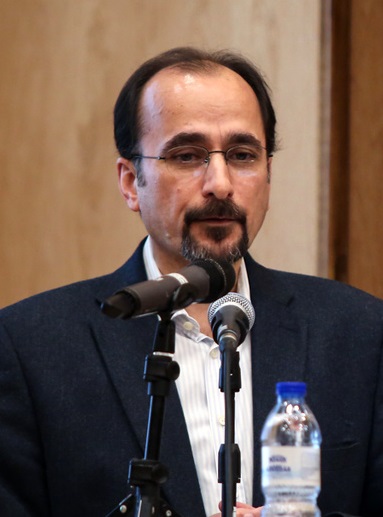Biolaw and Ethics Research Group
In recent decades, scientific and technical advances (Especially biotechnology) have led to the spread of ethical and legal disputes about human life. These conflicts cover not only the period of human life, but also before and after life. Now, for example, "reproduction", "abortion", "cloning", "stem cells", "organ transplantation", "human genome", and "easy death" are among the most important issues that invoke philosophical, moral, and legal concerns.
Since the 1960s, "bioethics" has emerged as a branch of "applied ethics" as an academic discipline. Bioethics assesses the ethical consequences of using new technologies. It is obvious that this evaluation is beyond the power and ken of a specialized field and its scholars. Not only can new biological issues be examined from legal, religious, sociological, psychological, and even economic perspectives, but it seems that without considering these perspectives and debates, philosophical and moral analyses will not have sufficient depth and precision. Therefore, the assessment of such issues mandates appropriate joint and interdisciplinary activities and collaboration of medical and biological scientists and humanities scholars. For this purpose, the Research Group works to achieve the above goals in the following areas:
- Ethical, legal, sociological, and psychological study of the application of new biotechnologies
- Comprehensive study of different aspects of using new assisted reproduction techniques in human reproduction such as embryo donation, gamete, and miscarriage
- Comprehensive study of different dimensions in genetic research and experiments on humans and animals
- Comprehensive study of various aspects in new medical technologies such as cloning, stem cells, and genetically modified animals
In addition to the above topics, which are directly related to the research-educational and therapeutic activities of ARI, the Research Group has prepared the blueprint and drafts to conduct research on other related issues due to the wide spectrum of biolaw and ethics topics.
Group members:
- Dr. Alireza Milanifar
- Dr. Behzad Ghorbani
- Dr. Ali Azin
- Dr. Afsaneh Mohammadzadeh

Dr. Mohammad RasekhHead of the Research Group
















